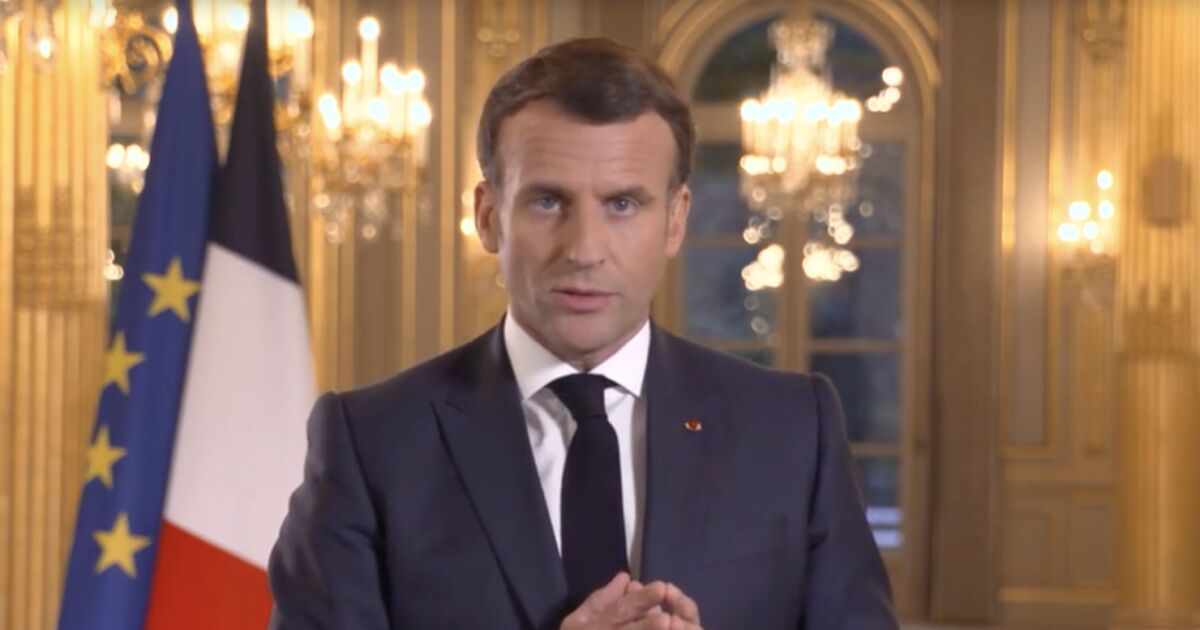Coincidence of the large part of Macron’s presidency (May 14, 2017 until January 2020) in France with those years of Trump tenure of office in the USA, in view of his political and economic attitude based on unilateralism and merely securing economic interests of the U.S. that sometimes incurred abundant economic costs upon some European countries such as France too, left effects on Macron’s attitude on Iran’s developments.
Amid all this, external factors such as the beginning of divergence among EU members, boosting of power and role of regional players, increasing of public opinion role as a pressure center, unwillingness of major powers to involve themselves directly in clashes, employing the sanction leverage against corporations, the willingness of newly emerged economic powers like China and India to play a more active role in political international developments along with loosening obedience of countries to the decisions made by international organizations and unions (weakening of multilateralism) have left a lot of effects on France’s attitude in her foreign policy during the past four years which we are going to review in three different junctions as follows:
1-Revival of Relations from 2017 to 2018
Since Macron was elected as the French President in 2017 until the U.S. withdrawal from JCPOA (first stage) which took a year and is called the revival period of relations, the foreign policy of the two countries was mainly focused on economic rather than political pivots.
However, French President never denied his concerns about Iran’s missile program and its role in the region’s developments particularly in Syria and Lebanon in his remarks but in view of removal of sanctions within the framework of JCPOA agreement, French large corporations were making effort to preserve and expand their presence in Iranian market quickly and in competitions with other European rivals. Very important contracts were signed among major French companies (like TOTAL, Peugeot and Renault, Airbus and Sanofi) with Iranian companies, valued more than $ 16 billion in such a way that the volume of economic relations between the two countries rose to nearly 4 billion euros by the end of 2017.
2-Sharp Reduction of Relations & Gradual Increase of Threats (2018 – 2020)
Within this period which coincided with the longest term of Macron’s tenure of office as French President, like other European partners the foreign policy of France tangibly changed coincided as Trump threats rose.
Despite supporting and standing by JCPOA, the country practically took the lead in strengthening the policy of tying developments of the region and Iran’s missile program to JCPOA and after the quick exit of French companies from Iranian market, it opened a new window of pressure coupled with threat to resort to snap back mechanism.
Reaction of French statesmen particularly Le Drian, Foreign Minister of the country at this junction and against the Iranian authorities who urged France to undertake its JCPOA commitments, was to adopt time buying policy aiming at prevention of any damage to strategic relations of France with the Zionist regime and the U.S. and gaining economic benefits from the expansion of its economic cooperation with the Persian Gulf countries and selling arms to them.
On the other side, Paris made effort to boost threats such as using snap back mechanism (automatic return of sanctions) and threat to act collectively within the EU against Iran and thus to pave the ground to play a probable intermediate role in holding negotiation between the U.S. and Iran.
Adoption of the policy of exerting pressure against Iran coincided with mere reliance on political support to JCPOA by France, despite Trump’s inattention to the red lines of Europe such as the principle of multilateralism caused the credibility of France, as an independent and influential power to international developments to be questioned. Particularly, the country had not already passed successfully tests like Brexit talks as well as Libya, Syria and Lebanon crises. During the period, the level of economic interactions with France was down to 300 million euro, the lowest level within the recent years.
3-Conditioning of the Revival of Relations to Success in Vienna Talks (2021)
Resistance of and positions taken by our country based on disallowing French authorities to instrumentally use Iran along with taking office by Biden as the new U.S. President caused France to pay more attention to the issue of resumption of Vienna talks aiming at the return of the U.S. and Iran back to negotiating table rather than the issue of Iran missile program and its role in the developments of the region during 2021.
However, the approach did not mean Macron’s ignorance to deal with Iran’s missile program and criticizing its role in the developments of the region but it was the result of France’s certainty of non-success of the previous approach and playing the intermediate role between Iran and the U.S. as well as the result of presidential election in Iran.
To this end, (making effort for returning the U.S. to JCPOA and resumption of talks) France kept on the pressure against Iran within the framework of various statements of EU3 and stressed on the necessity of the partnership of the Persian Gulf countries in the talks. Yet, it had to admit the reality that guaranteeing the security and stability of the region is impossible without Iran’s cooperation.
To conclude the review, increasing dependence and economic inter-relationship between France and the U.S. along with other variables involved in the foreign policy that mentioned above within the past four years, was an important impediment for France to play a relative role to sort out crises and expand her relations with Iran which should be taken into attention in preparation of the road map to adjust and expand the relations in future.










0 Comments